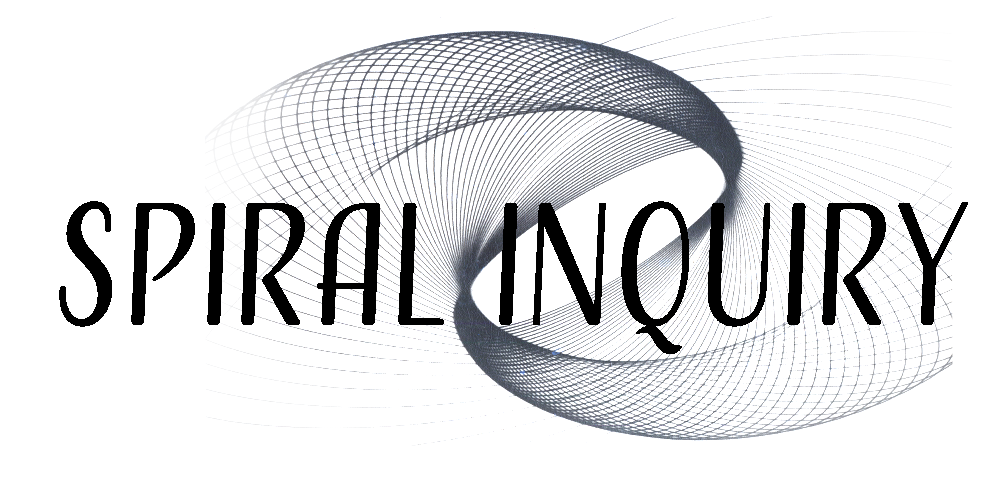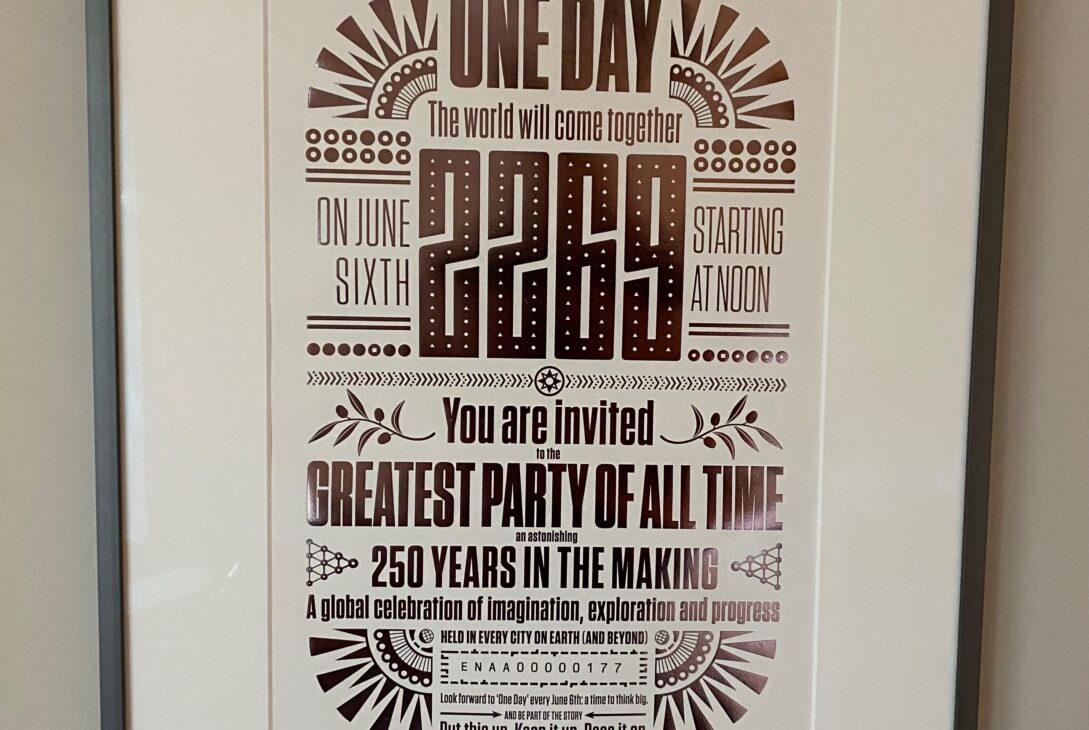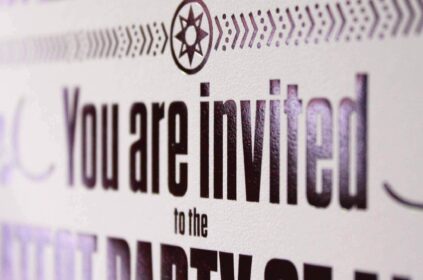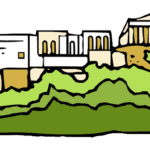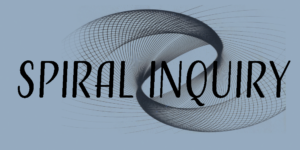When big ideas keep knocking on your door, it’s a good idea to let them in. This month, for me, it has been the big idea of Deep Time – past, present, and future. I hope you will be able to follow some of the links I offer in this post.
FYI: I’ve served on the Board of Long Now Boston and helped run events about Deep Time since 2019. I’ve also written about Deep Time in Spiral Inquiry before: Good News, Bad News; Greatest Party of All Time; Launching the Future. And earlier this month, I discovered a wonderful idea, which I posted, featuring Susan Murphy Roshi: The Earth As Koan.
Time-Blinkered
Last week I co-hosted a 90-minute conversation for Long Now Boston, Time-Blinkered: Opening our Understanding of The Long View (full interview available on YouTube), with Deep Time Thinkers Richard Fisher and Vincent Ialenti. Richard Fisher is a journalist and author of The Long View: Why We Need to Transform How the World Sees Time (Wildfire, March 2023). Vincent Ialenti is a scholar and anthropologist, and author of Deep Time Reckoning (MIT Press, 2020).
They, and many others, make it increasingly clear that thinking about the future is not a question of extrapolating current trends and calculating growth rates. It is about using our imagination to find and follow the connections we have to the deep past that root us in the present. This provides the foundation for taking the imaginative journey to the future. It is impossible to predict the future – but we may be able to influence it by using our understanding and appreciation of the past to aim the present towards the future we desire.
Deep time thinking is an antidote to short-termism, the tendency to let the pressing anxieties of immediate concerns drown out the resonance of the deep connections that surround us. Deep time thinking is a way of becoming rooted, of experiencing connection, and of finding meaning in the turbulence of the modern world. Richard and Vincent both offered numerous examples, in art, in culture, in small communities and in institutions, where this kind of deep time thinking is thriving. Deep time thinking promotes multi-temporal flexibility and personal and institutional resiliency. Trees bend in the wind. So too can deep time thinking help us in our personal lives and institutions to bend and not break in response to change. Change is an opportunity to re-orient and re-direct with new perspective, while remaining rooted to what is important.
I asked Richard and Vincent how they hold the idea of their own mortality from a deep time perspective. The answers were nuanced. In one sense, the deeper we feel connected to past, present and future, the less we are concerned about our own death. We know we are connected, and the flow will always continue. In another sense, a meaningful life infused with a deep time perspective makes every life worth living because of those same connections.
Epilogue
Speaking of connections, I had invited Mike and Pete, the founders of 2269.co (and creators of the poster for The Greatest Party of All Time) to join our event, since they are in London and know Richard well. In my exchange with Mike after the event, he brought to my attention a recent article in the NYT (Apocalyptic Optimism) featuring a new PBS series – A Brief History of the Future. I’ve watched the first episode. It’s excellent. I recommend it to everyone – including kids.
Deep Time thinking does not have to be hard or confusing – it’s just a way of connecting with the people, ideas and things that are right in front of us.
